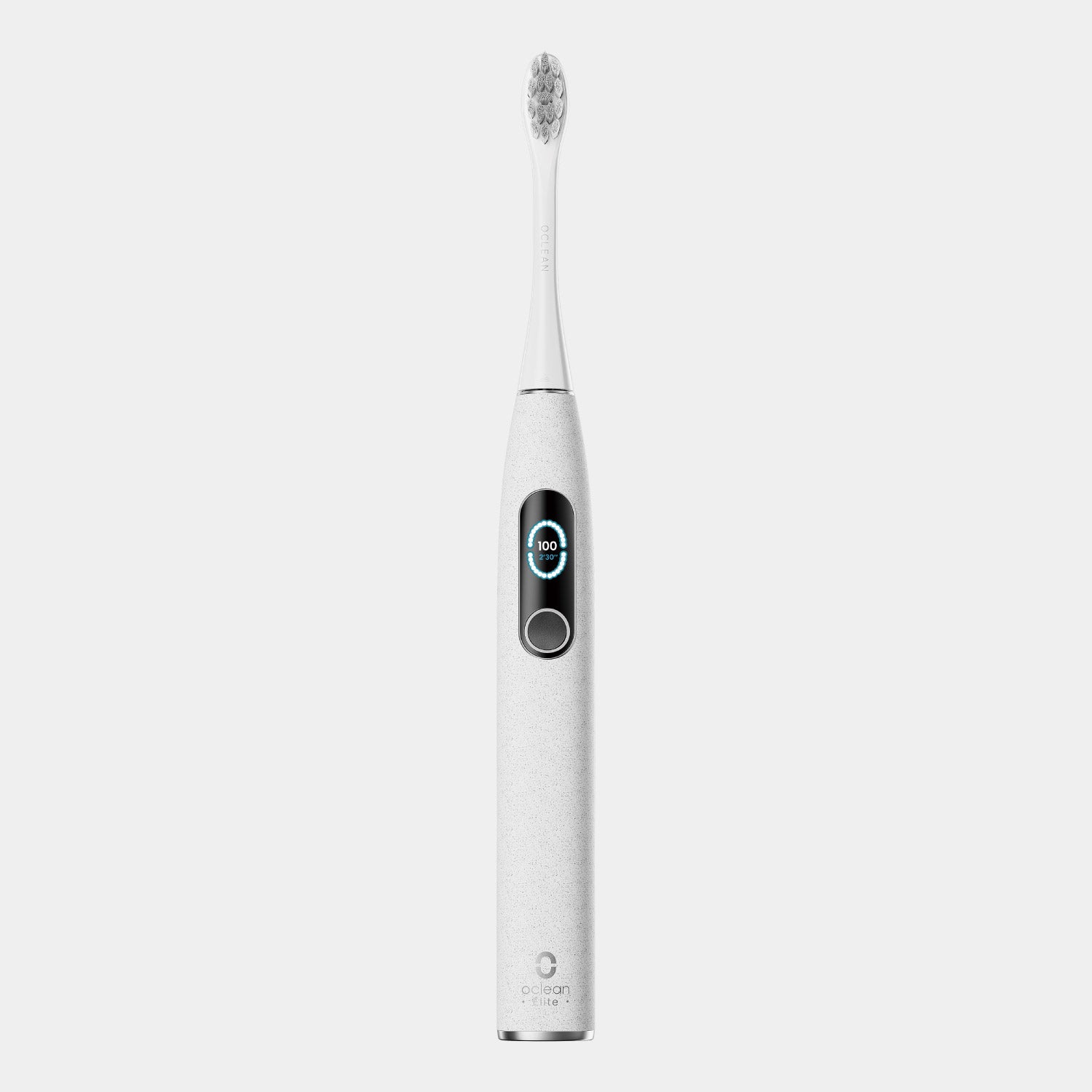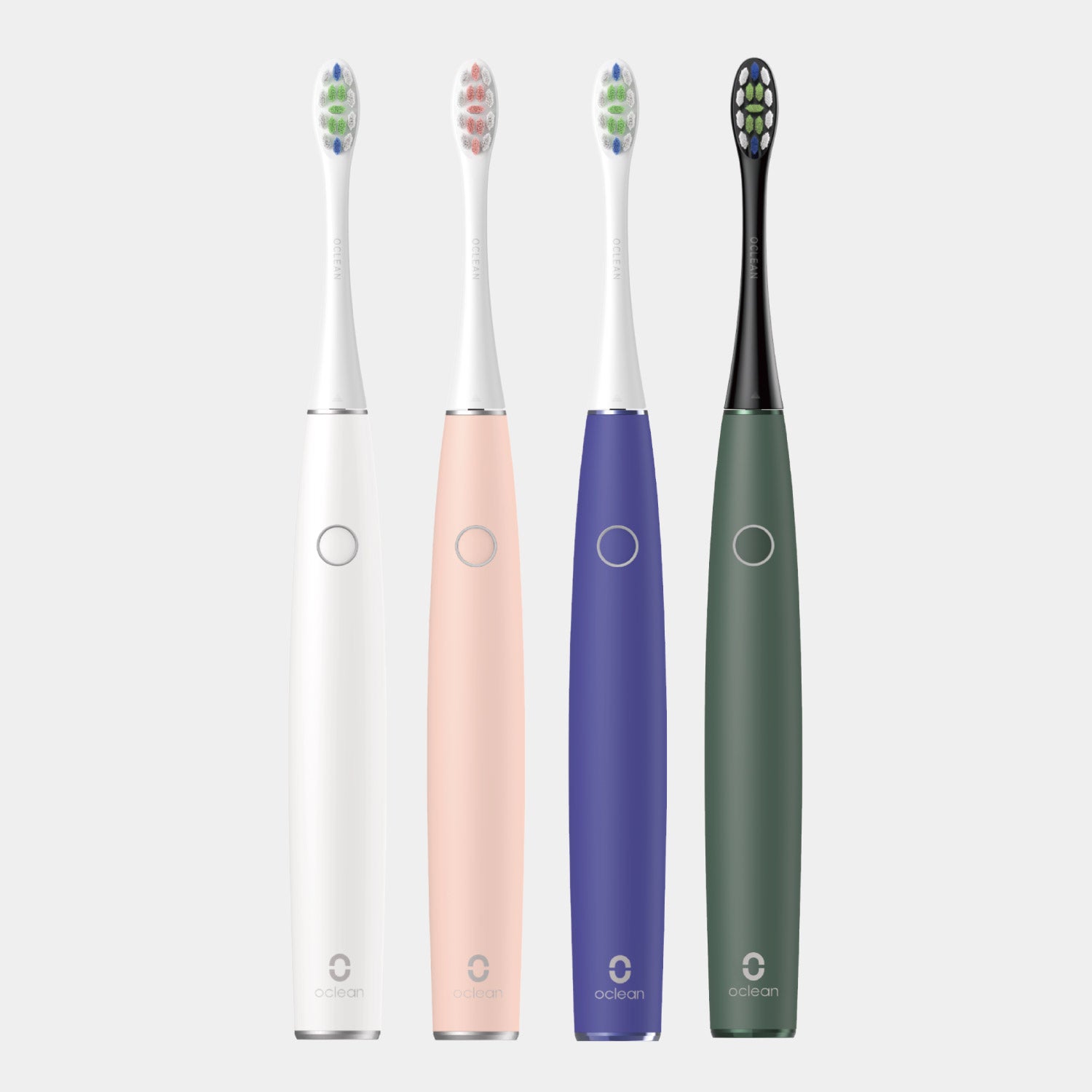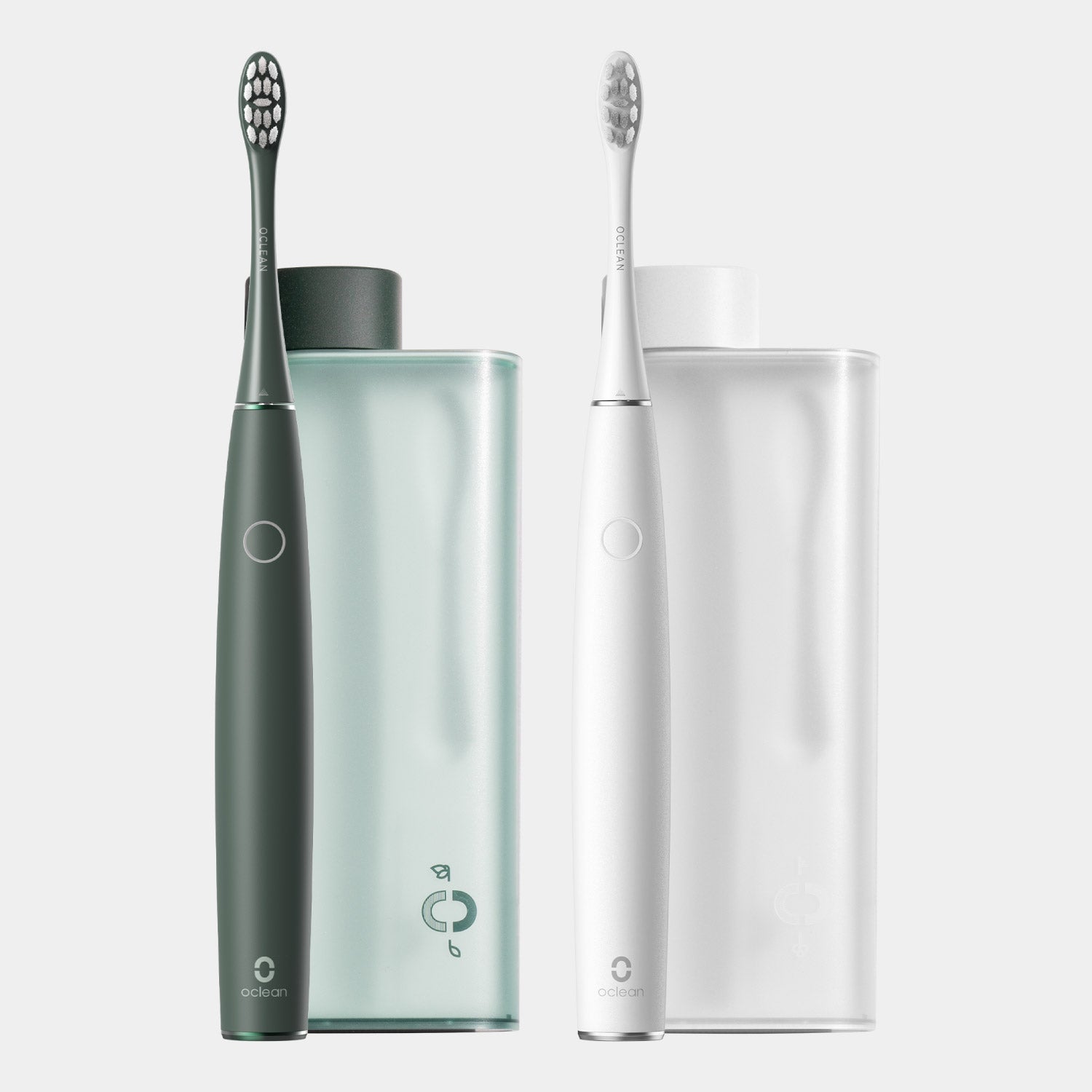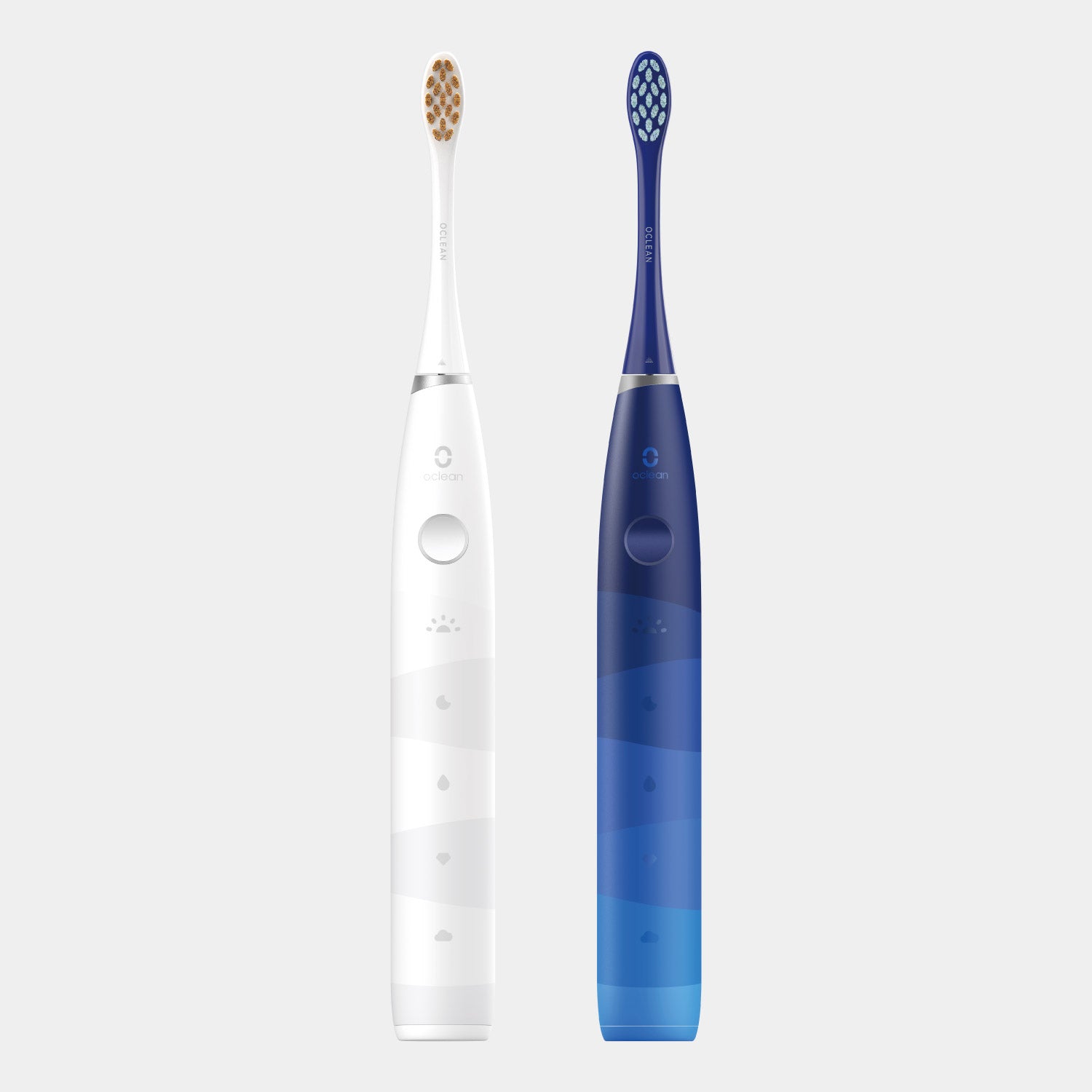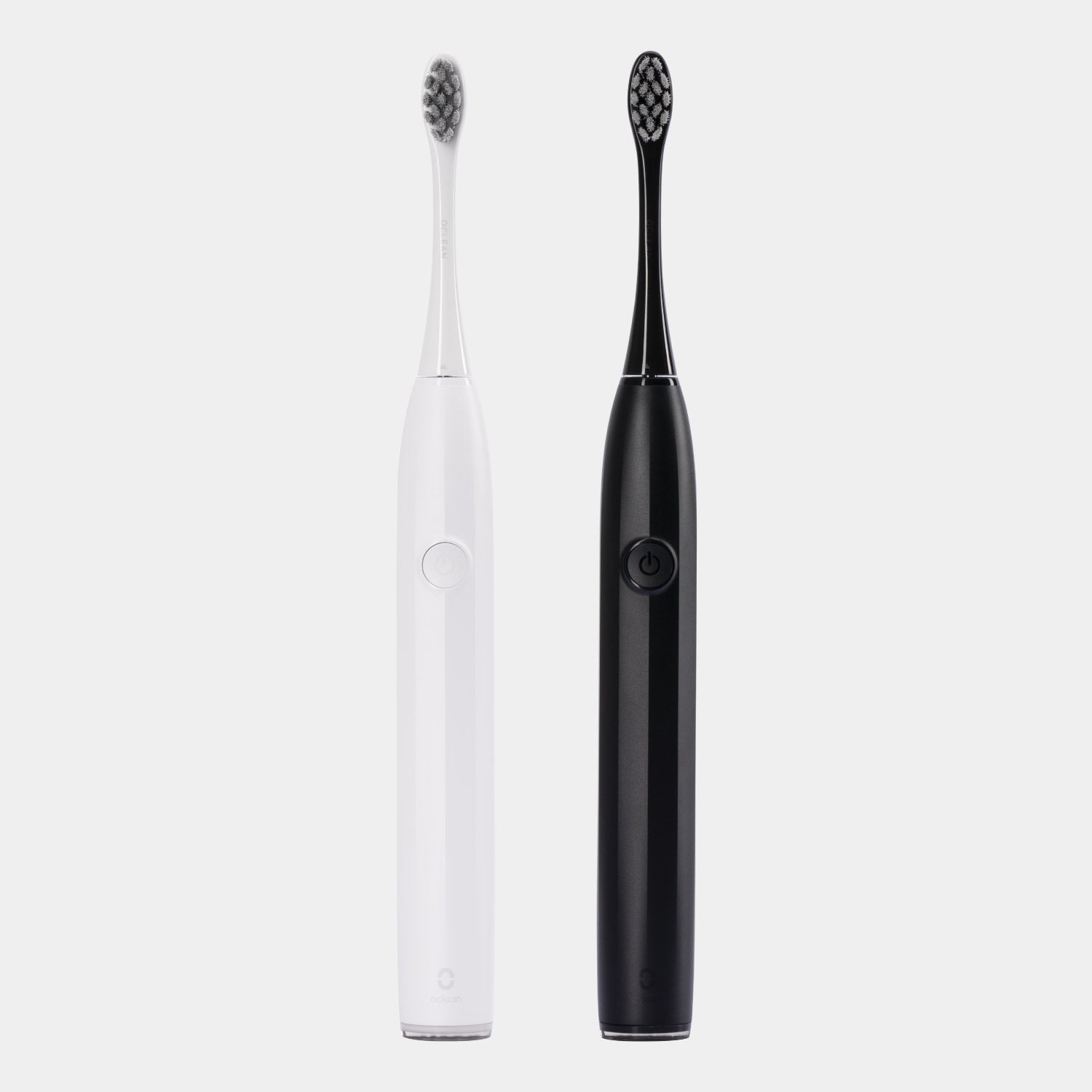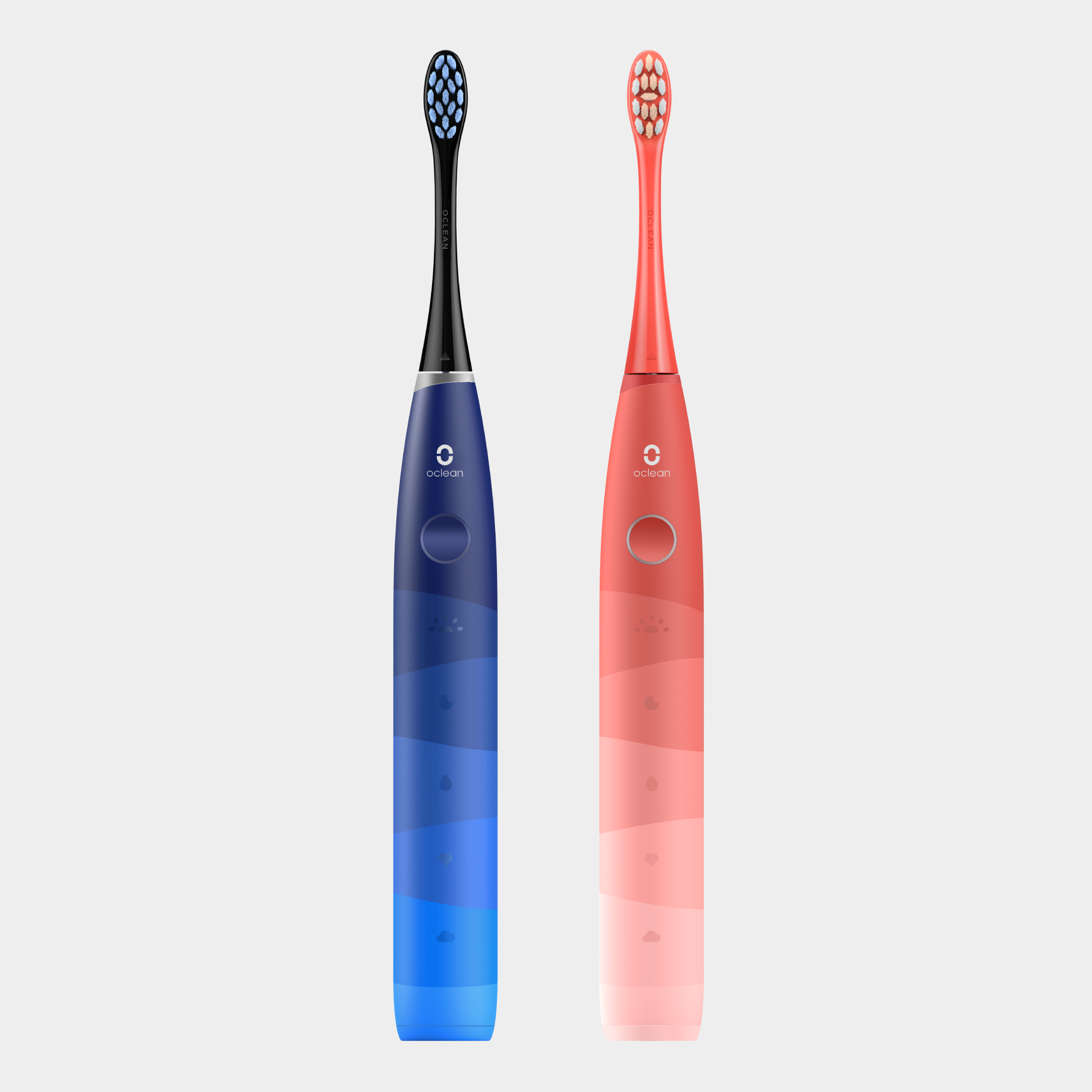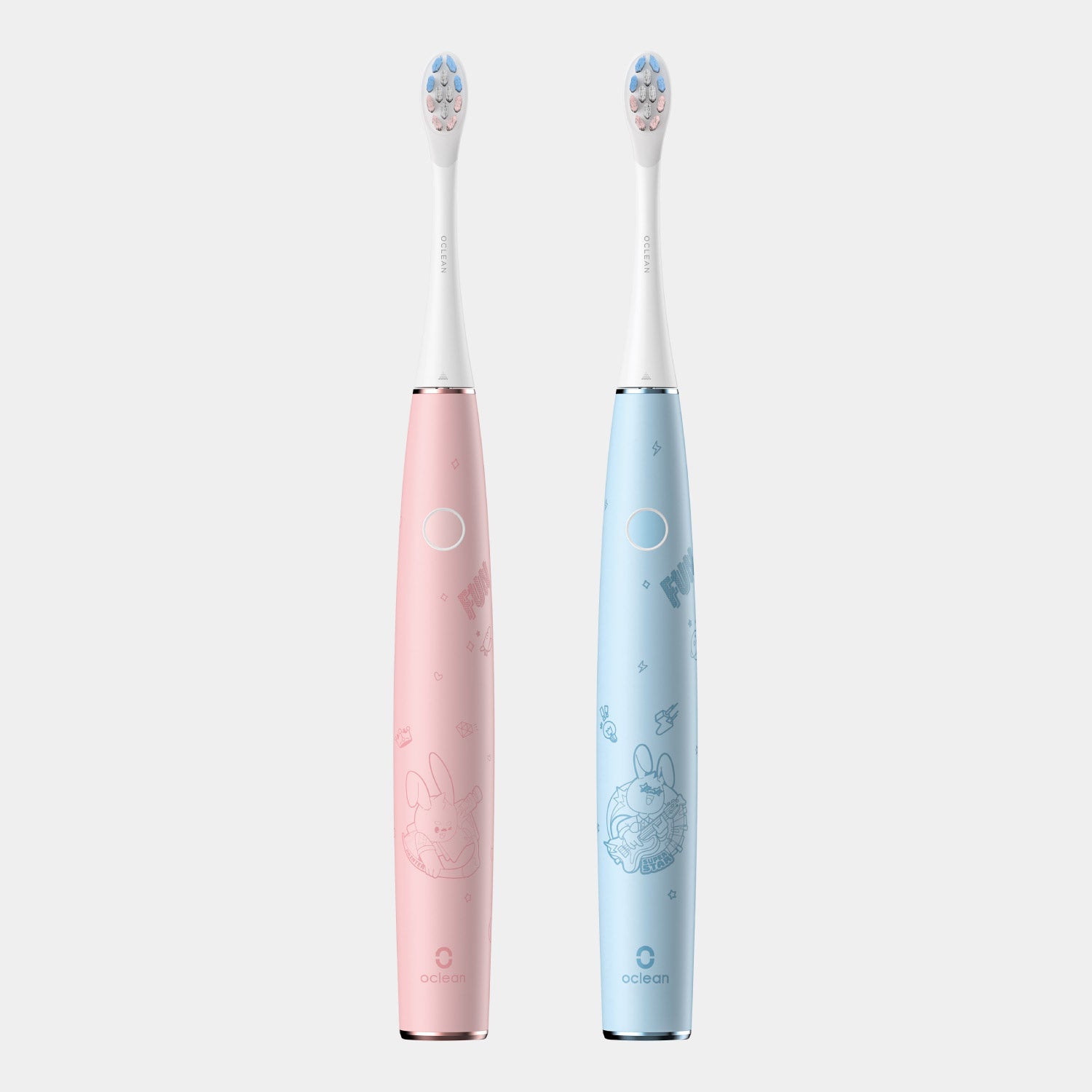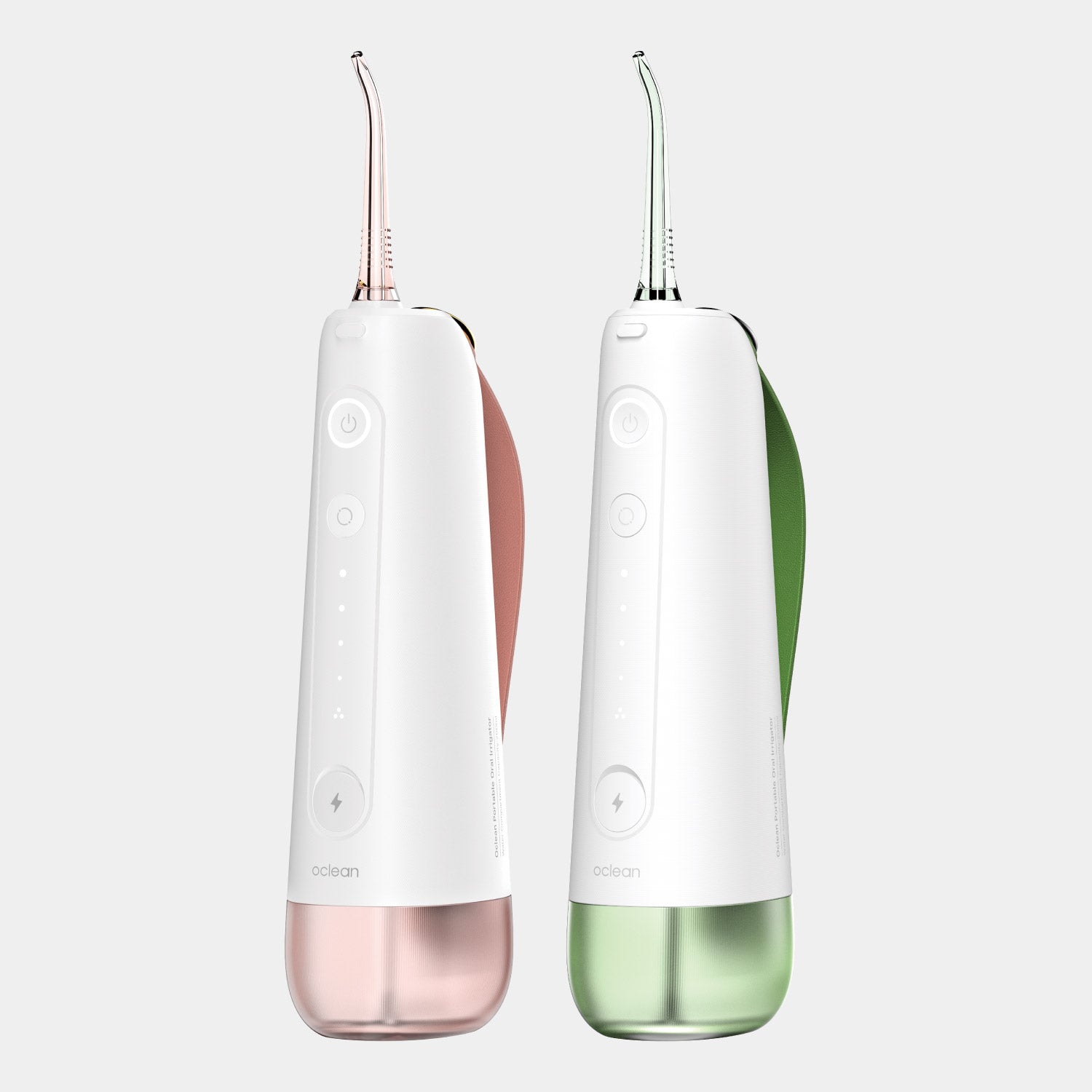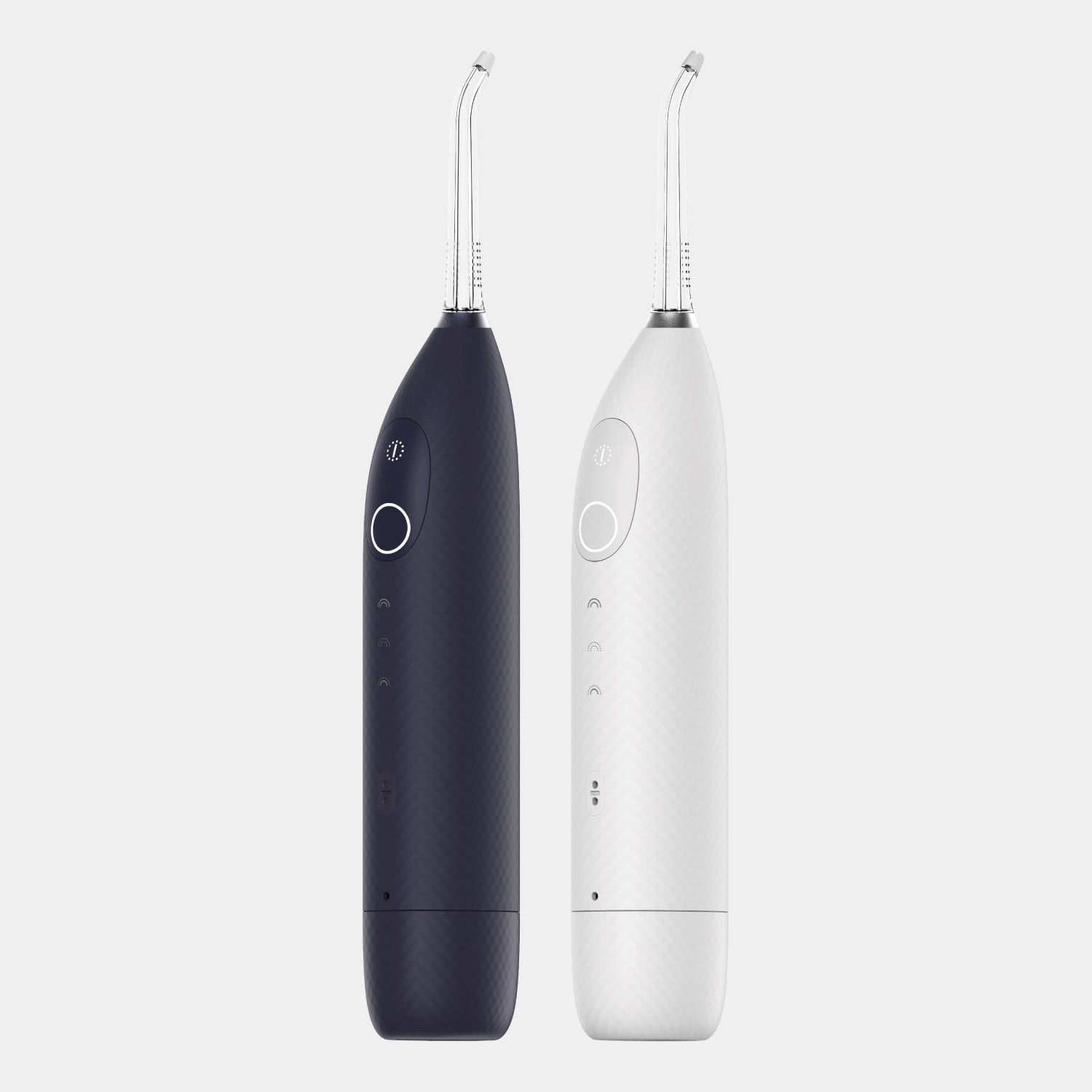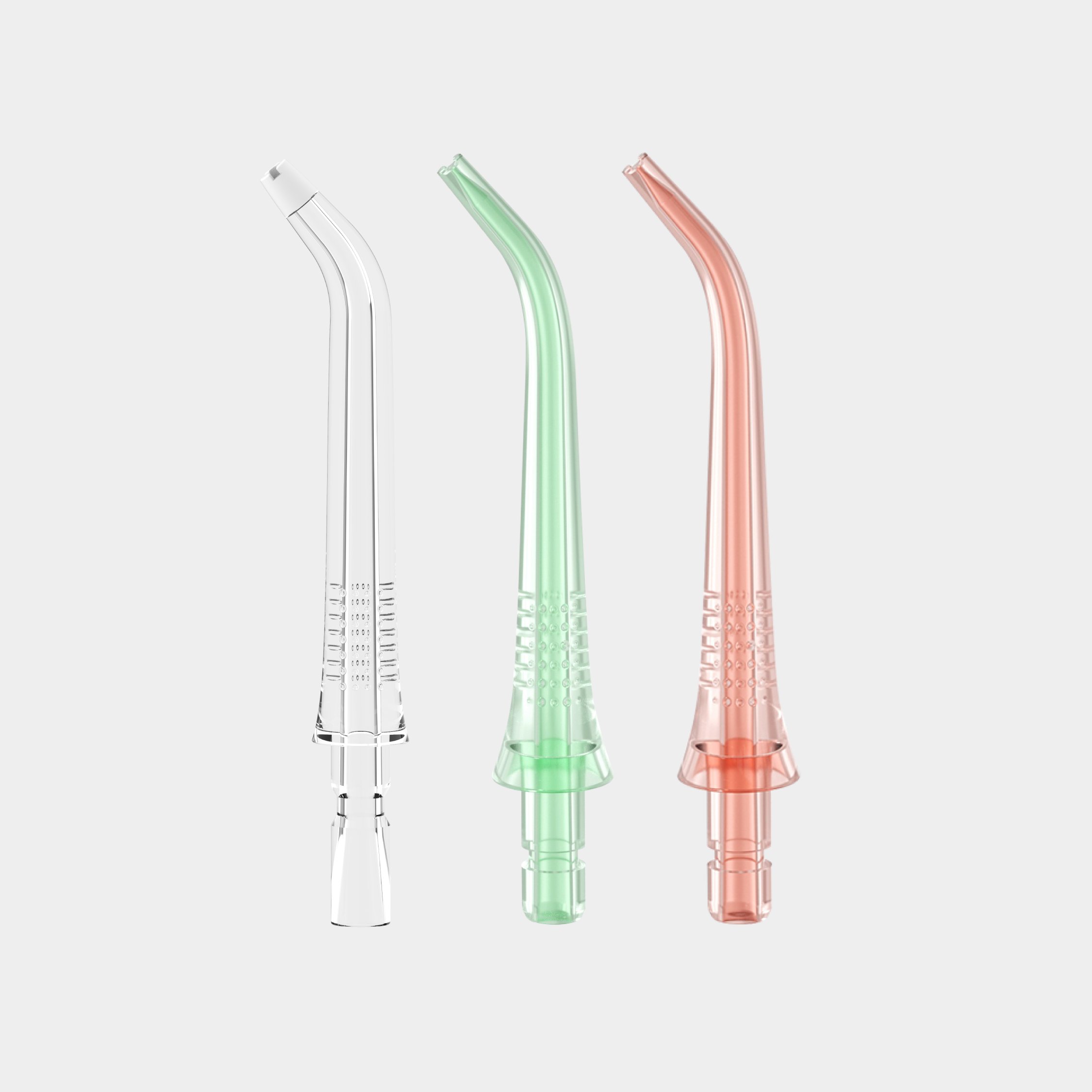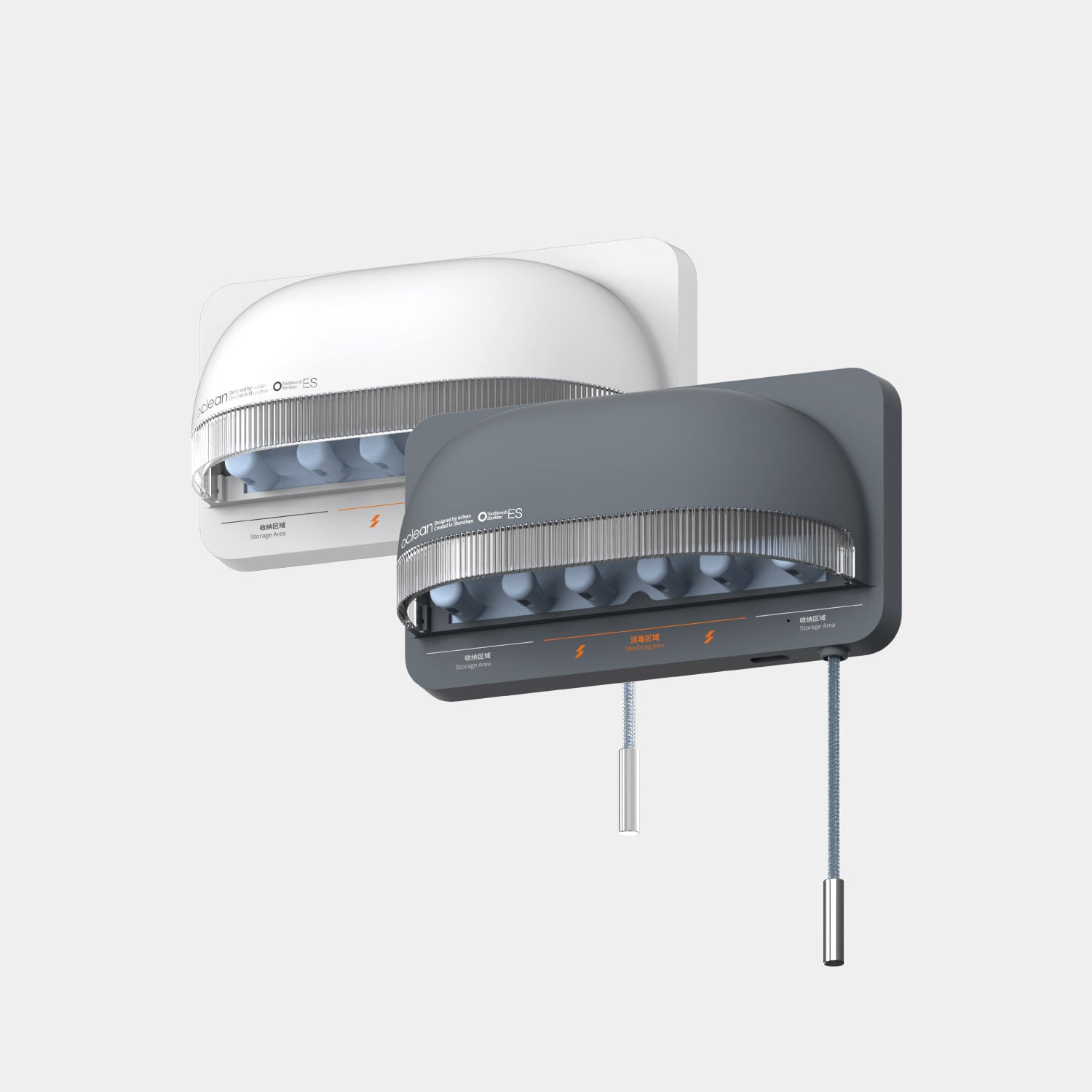Ever catch yourself flinching while drinking something cold, or even savoring a scoop of your favorite ice cream? Cold-sensitive teeth can easily turn those into torture acts. This is one relatively common problem when protective layers of the teeth somehow have been compromised, the nerves become exposed to extreme temperature changes. The pain is mostly short-lived, but it surely could place overwhelming constraints on the regular flow of life.
Knowing the root is always the first step in searching for a solution. This article goes into great detail about what causes cold sensitivity, effective home remedies to manage it, and how making smarter oral care choices can help protect your teeth for the long term.

What is Teeth Sensitivity to Cold
Teeth sensitivity to cold is a very sharp, sudden pain upon the exposure of the teeth to cold drinks, foods, or air. It is also known as dentin hypersensitivity and arises as a result of an alteration in the protective layers of the teeth, namely enamel or cementum. [1]
This exposes the underlying dentin and allows the cold sensation to reach the nerves inside the tooth. This is a very common problem but, if persistent, it should be treated in order to avoid further discomfort or other dental problems.
Why Are My Teeth Sensitive to Cold?
If sipping on an iced drink or enjoying a frozen treat gives you aching teeth, you probably have sensitivity to cold. This generally happens when nerves inside the tooth become exposed due to the erosion of enamel, receding gums, or even dental conditions. [2] While sensitivity to cold is not serious in itself, it needs to be differentiated from more serious problems, such as cavities or gum diseases that may require professional treatment.

Symptoms of Sensitive Teeth
Sensitive teeth are defined as those that create sharp, abrupt pain when reacting to a stimulus. These may be due to:
● Pain with very hot or cold foods and liquids.
● Discomfort with sweet or acidic foods.
● A tingling or zinging sensation when brushing or flossing.
● Sensitivity to cold air.
If sensitivity is persistent or worsening, it may indicate an underlying serious dental problem that requires the professional attention of the dental doctor.

Causes of Cold Tooth Sensitivity
Cold sensitivity develops because of the failure of dentin and nerves to receive protection from the enamel and cementum, protective layers of the teeth. [3] This is a list of major causes:
● Receding gums expose roots, making nerves sensitive to cold.
● Sensitivity is a result of accumulated plaque that causes decay or gum disease.
● Vigorous brushing or over-whitening causes the enamel to wear away, making the teeth more sensitive.
● Grinding from stress wears away enamel, exposing sensitive dentin.
● Gum disease or recession that exposes the nerve roots.
● Cold reaches nerves through the cracks in the teeth and causes sharp pains.

Why Are My Front Teeth Sensitive to Cold?
The front teeth may become sensitive to cold due to their thinness and because the wear of enamel by aggressive habits of brushing, grinding, or acidic foods exposes the roots. The recession of gums around the front teeth might expose sensitive roots and enhance the discomfort of the teeth when they encounter cold.
Why Are My Back Teeth Sensitive to Cold?
These teeth, especially the molars, are more subjected to wear and tear because most of the chewing action happens on the back teeth. This could be the case of worn-out enamel or even micro-fractures in the teeth, which will raise sensitivity to cold. Besides this, an untreated cavity or even dental work, such as fillings or crowns, might be contributing to sensitivity in your molars.
Is It Normal for Teeth to Be Sensitive to Cold?
Sensitivity to cold, especially from time to time, is quite common and usually a result of slight wear on the enamel or temperature changes. [4] If sensitivity is persistent, this may be an indication of a more serious problem like gum disease, cavities, or enamel erosion. If it persists for more than a few days, see your dentist for diagnosis and treatment of the underlying cause.

How to Treat Cold-Sensitive Teeth at Home
These teeth sensitive to a cold home remedy are effective in handling the discomfort felt and protect your enamel besides:
1. Use a Straw when Drinking Cold Liquids
Sip cold drinks through a straw to keep the liquid away from your teeth, allowing the sensitivity to be minimized and your enamel to stay in good condition.
2. Change Your Eating Habits
Instead of immediately biting into cold foods, such as ice cream, lick to minimize the amount of cold touching sensitive areas. Whenever possible, choose options that are non-acidic or sugar-free to avoid further aggravating your teeth.
3. Avoid Chilling and Acidic Food
Avoid biting directly into cold foods like ice cream. Instead, lick them slowly to minimize sensitivity. Cut back on acidic drinks that erode enamel.
4. Switch to a Soft-Bristle Toothbrush
Hard bristles wear the enamel and irritate the gums. Move to toothbrushes for sensitivity, which have very gentle yet effective cleaning. The use of products like the Water Flossers can also make sure that sensitive teeth are cleaned effectively and gently.

5. Breathe Through the Nose
If cold air is the stimulus that triggers the sensitivity, try to breathe through your nose rather than your mouth to minimize cold air contact with your teeth.
6. Fluoride Treatments
Fluoride mouthwashes or gels are used to help strengthen your enamel and protect your teeth.
7. Good Oral Hygiene
Clean it lightly with a soft-bristled toothbrush or sonic toothbrushes for sensitive teeth, twice daily. Water flossing is recommended to remove plaque accumulation; one may use toothpaste for sensitive teeth that can harden the enamel and relieve discomfort. [5]

Does Cold Sensitivity Mean Root Canal?
Not necessarily, while sensitivity to cold could mean dental problems, that doesn't follow it will be a case directly calling for a root canal treatment. Dentists could apply several treatments before suggesting such procedures, like using desensitizing toothpaste, applying fluoride varnishes, or treating sapping in the enamel. However, if the sensitivity persists or is accompanied by intense pain, swelling, or infection, a root canal may become necessary.
Can Tooth Sensitivity Go Away?
Yes, sensitivity can sometimes improve with proper care. Dentists may recommend desensitizing toothpaste, depending on the cause, fluoride treatments, or procedures such as bonding or gum grafting. A good oral hygiene plan coupled with the management of other contributing factors such as grinding and gum recession over time makes teeth less sensitive.

Can Wisdom Teeth Cause Sensitivity to Cold?
Yes, wisdom teeth can cause sensitivity to cold, especially during their eruption. Breaking through the gum, exposed nerves with inflammation can make the surrounding teeth and gums sensitive. Impacted or partial eruption of the wisdom teeth may lead to infections in the gums or crowding, which may heighten sensitivity. [6]
Can Braces Make Your Teeth Sensitive to Cold?
Braces can make the teeth sensitive to cold, especially after adjustments. Pressure on the teeth during adjustments temporarily exposes the dentin or slightly disturbs the gums, therefore making them super sensitive.
Additionally, braces render cleaning somewhat challenging. Hence, exposing teeth to enamel wear or even gum problems. Gentle brushing and devices such as an Oclean W10 Water Flosser make maintaining good oral hygiene easier.

When to Visit a Dentist
It is time to see a dentist if cold sensitivity:
● Lasts for a long time, or worsens.
● Causing severe, sharp, or lingering pain.
● It is accompanied by swelling, bleeding, or bad breath.
● Affects your daily activities – or you are unable to eat comfortably or drink liquids easily and safely.
It is only a dentist that can find the cause and recommend the best treatment. It can be anything from desensitizing products to restorative procedures like bonding, crowns, or even a root canal – if that is what it calls for.

The Bottom Line
Sensitivity of the tooth to cold can be caused by many reasons, such as wear and tear of enamel, recession of gums, or even dental problems like cavities. The management normally includes good oral hygiene, desensitizing products, and dental care.
If the sensitivity remains, consult a dentist to get personalized solutions. Prevent sensitivity and ensure your teeth are healthy for a lifetime by developing good habits and dealing with problems on time. Let your smile be protected, without any worries, to be able to enjoy cold stuff!
Reference
1. Davari, AR, et al. “Dentin Hypersensitivity: Etiology, Diagnosis and Treatment; a Literature Review.” Journal of Dentistry, vol. 14, no. 3, Sept. 2013, p. 136, pmc.ncbi.nlm.nih.gov/articles/PMC3927677/.
2. “Dentin Hypersensitivity: What Is It, Causes, Signs, Symptoms, and More | Osmosis.” Osmosis, 2023, www.osmosis.org/answers/dentin-hypersensitivity.
3. West, N. X., et al. “Dentin Hypersensitivity: Pain Mechanisms and Aetiology of Exposed Cervical Dentin.” Clinical Oral Investigations, vol. 17, no. S1, 9 Dec. 2012, pp. 9–19, https://doi.org/10.1007/s00784-012-0887-x.
4. MARKOWITZ, K., and D. H. PASHLEY. “Discovering New Treatments for Sensitive Teeth: The Long Path from Biology to Therapy.” Journal of Oral Rehabilitation, vol. 35, no. 4, Apr. 2008, pp. 300–315, https://doi.org/10.1111/j.1365-2842.2007.01798.x.
5. Bartlett, D W, and M Ide. “Dealing with Sensitive Teeth.” Primary Dental Care : Journal of the Faculty of General Dental Practitioners (UK), vol. 6, no. 1, Jan. 1999, pp. 25–7, pubmed.ncbi.nlm.nih.gov/10752461/.
6. “Common Signs You Need Your Wisdom Teeth Extracted.” Brushandfloss.com, 2024, www.brushandfloss.com/articles/signs-you-need-your-wisdom-teeth-extracted. Accessed 16 Dec. 2024.



